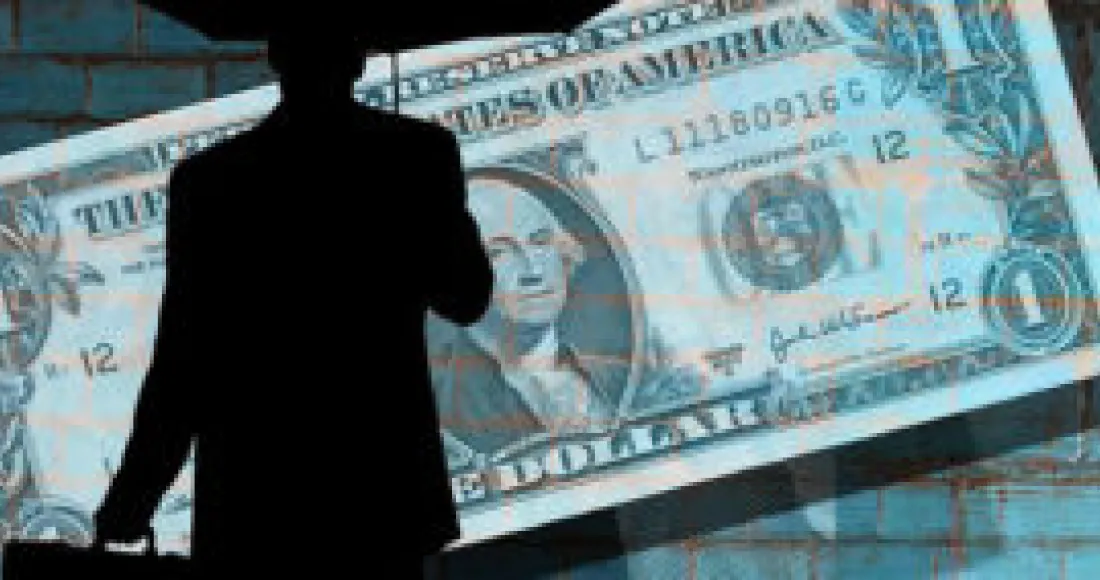
“When a whistle is blown we all listen and we all have to decide how we react to the people who tell us things we may not want to know.” – Dr. David Morgan
Even with the prevalence of whistleblower stories in the news, it seems the world has still not reached a consensus about what motivates people to become whistleblowers. Often, the first instinct is to call the whistleblower’s character into question, even when that person’s accusations of fraud are proven to be accurate.
Before critics of whistleblowers rush to judgment, they should consider not just the rewards offered to a select few whistleblowers, but also the complex psychological journey these bold individuals face.
Who Chooses to be a Whistleblower?
In 2015, James Dungan, Adam Waytz and Liane Young published “The psychology of whistleblowing,” a study that delved into the moral dilemmas that whistleblowers encounter, as well as the personal and cultural factors that can compel or dissuade whistleblowing.
One of the central concepts explored in the study, as well as a previous study published in 2013, was the tension between fairness and loyalty. Both are moral values, but in a work setting they can be in conflict.
The study suggests that whistleblowers are generally driven by fairness and prioritize it over loyalty. In fraudulent companies, that means that the priority of those individuals is first and foremost to do what they perceive as the right thing.
In contrast, people driven by primarily loyalty may instead put the appeasement of their colleagues, superiors, and the company as a whole above all else, even when doing so means participating in fraud.
There are many depictions of whistleblowers as disgruntled employees with poor job performance, but the study indicates that whistleblowers actually tend to be employees with more tenure, a higher salary, and a higher education level than non-whistleblowers. Whistleblowers also tend to have what the study refers to as a stronger-than-average “internal locus of control,” meaning that they are more prone than non-whistleblowers to take responsibility for their own actions.
These findings shed light on the true motives of many whistleblowers and could help steer the conversation away from the idea that these individuals are in it for the money. As Adam Waytz explains, “I believe that people are motivated to blow the whistle for moral reasons beyond monetary ones, so incentivizing people to blow the whistle must involve speaking to people’s moral instincts for justice, fairness, and desire to help the greater good.”
Fighting the Herd Mentality
David Morgan, a UK-based psychologist who has worked extensively with whistleblowers, has seen first-hand the internal struggle that fairness-focused people face when encountering wrongdoing. It’s not just the discomfort of witnessing misconduct at work that plagues whistleblowers; it’s also the realization that authority figures with the power to set right that wrong–whether it’s an executive, a compliance team, or a supervisor–deliberately choose not to do so.
“In order to make sense of their stories some whistleblowers must set aside the things they have always believed: that truth is larger than the herd instinct, that someone in charge will do the right thing, that the family is a haven from a heartless world…Many come from a background,” Morgan notes, “espousing moral rectitude, such as religion or other belief systems.”
In a sense, employees classified as prioritizing fairness over loyalty perform the ultimate act of loyalty by blowing the whistle. It is a disruptive act in that moment, and it certainly requires an ability and willingness to deviate from the group.
However, it is typically done with the intent of encouraging the integrity of that company or even an entire industry. If the misconduct stays under the radar and continues on a daily basis, it may never be rectified. Those who report it create a vital opportunity for fraudulent organizations to make meaningful structural changes going forward.
Bracing for Backlash
One of the strongest arguments against the “money-driven whistleblower trope” is the reality that blowing the whistle on employer misconduct is a life-changing decision. Even in the best case scenario, where the fraud reported makes the whistleblower eligible for a monetary award and the whistleblower has legal protections from retaliation, the burden of keeping an investigation confidential for years can be immense.
In addition, despite laws that prohibit employer retaliation against many whistleblowers, many still face significant career changes. Before the fraud investigation is resolved, some may be unlawfully dismissed from their jobs. Others may decide that the pressure of continuing to work for a company they know to be fraudulent is unbearable.
In Morgan’s experience, “whistleblowers that I have met are waiting to have their lives turned upside down, their comfortable places of esteem in their communities dismantled, and, equally importantly, from a psychological point of view, they have lost their peace of mind and quite often their own faith in their own and others value and motives.”
This is why whistleblowers need to be supported both on a societal level and within companies. The bravery that it takes to put integrity and truth above all else is commendable, to say the least.

